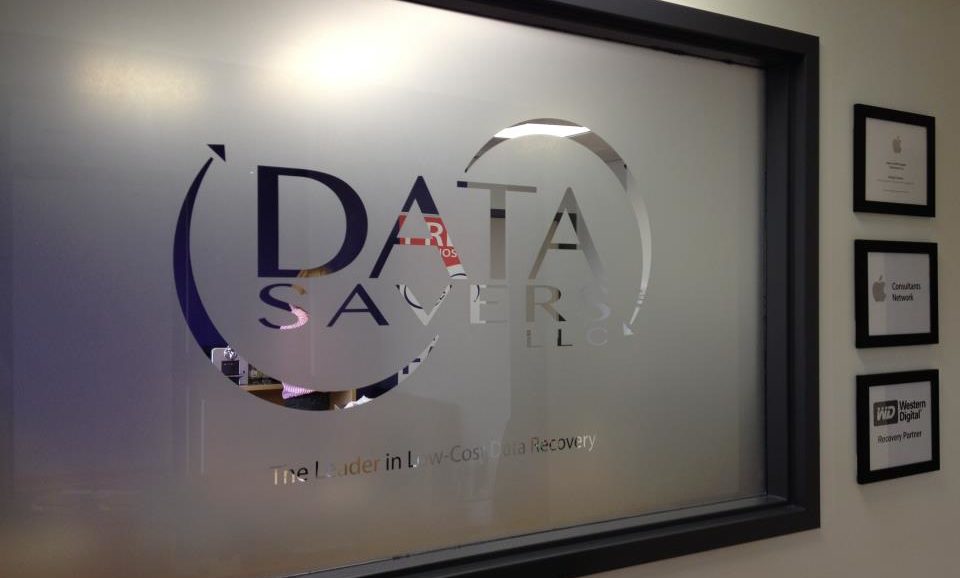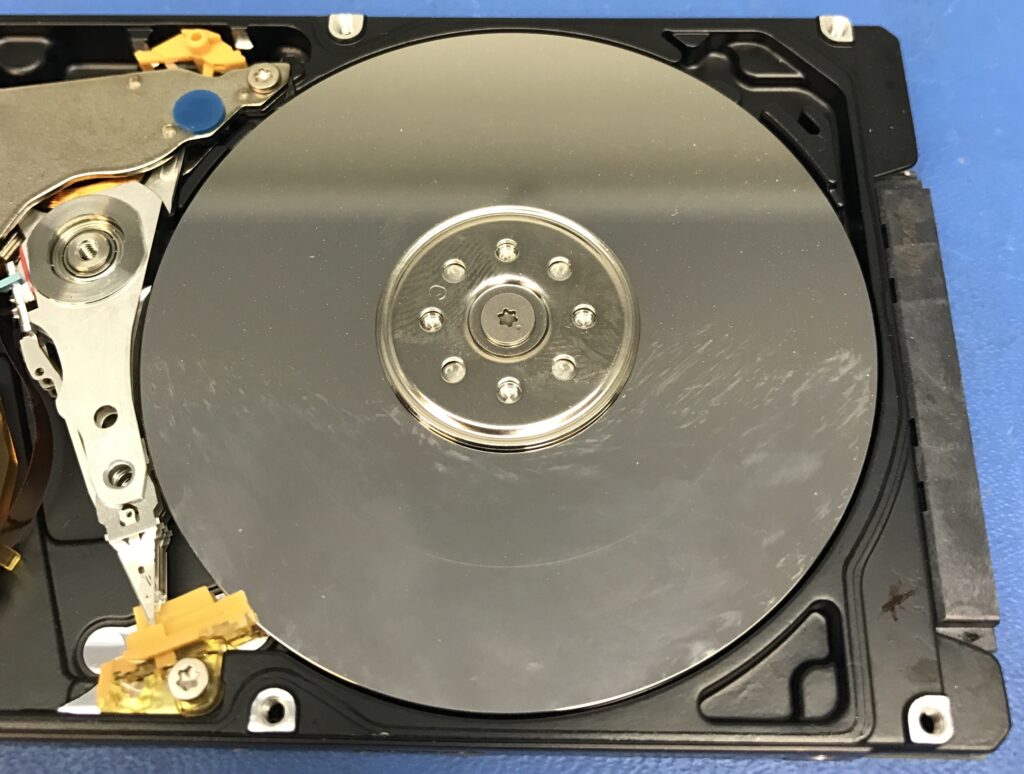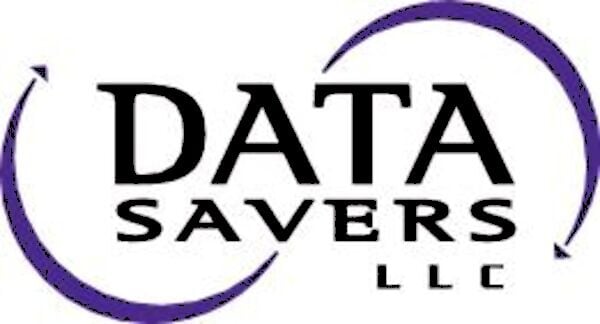
If you want to learn more about the Atlanta data recovery professionals at Data Savers LLC, then you’re in the right place.
Data recovery could be described as the intersection between a science and an art. Obvious scientific principles govern aspects of what we do, but delicate and subtle procedures are also necessary for success.
Learn More About When Do-It-Yourself Data Recovery is a Good Idea
What kind of advice on this topic might you expect from the owner of a data recovery firm? In fact, many of my clients do ask me about do it yourself data recovery options. If you thought it would be like asking your barber if you should cut your own hair, or your dentist how to fix a cavity, then the answer may surprise you. Read on to learn more about DIY data recovery.
When Should you Try to Recover Data on Your Own?
If you’ve accidently formatted your drive or deleted files you didn’t mean to, prematurely shut down your PC, or have taken on an especially pernicious virus, then you may be able to recover your own data using any of a number of data recovery software products.
Some programs work better than others with specific problems or software to be recovered. Take our word for it, and do some research before you purchase software only to learn it doesn’t work. Each software solution uses different recovery algorithms to reconstruct data, and no two programs will provide the same results. Do your homework online, and learn more about which software is best equipped to resolve your particular problem before purchasing.
If you attempt your own do it yourself data recovery, then remember this important rule: NEVER RECOVER DATA TO THE SAME DRIVE. The recovered data will overwrite the hidden files that you are attempting to recover; this will severely limit the likelihood a professional data recovery lab can restore your files.
Also, be mindful that there are some inherent risks of working on a hard drive that has not been professionally examined and diagnosed. For example, operating a drive with a bad head may cause the drive to eventually fail and become totally unrecoverable. The rule of thumb is simple: if your data is important, valuable, or exists only on the failed drive, it is better to resist the temptation and submit it to us for a free evaluation. Worst case scenario you decline the quote and learn more about the damage.
Learn More About When to Seek Out a Data Recovery Firm
The answers are fairly simple:
- If your data is invaluable, don’t risk it. Entrust it to a pro.
- If you need back as much of the data as possible. Professional laboratories have have specialized hardware, custom software & tried-and-tested techniques) to maximize the yield of your recovery. In general, they can recover more data than you can.
- Whenever the hard drive appears to be failing.
Learn More About Conditions and Symptoms That May Indicate a Failing Drive
- The drive has been dropped or physically jarred (in this case, it is dangerous to repower the drive, which may increase the damage).
- If you get a message from the computer saying that the hard drive is failing, and recommending that you back up your data.
- If you receive a S.M.A.R.T. error (this is an early-warning message of impending failure, not active on all PCs).
- The drive starts clicking or making abnormal sounds.
- The computer has been getting slower, and you can hear more hard drive activity.
- Your computer shows the BSOD (“Blue Screen of Death”) on a Windows PC, or a spinning ball or gray kernel panic screen on a Mac.
- The hard drive does not appear to be spinning up, or you’re having problems after a power surge or interruption.
There are technical reasons why you do not want to attempt a recovery if you experience any of the aforementioned conditions. The short answer is that you may make things much worse by trying, and reduce the possibility of a successful recovery, even if you take it to a pro later on.
Why You Should Bring your Drive to a Professional
The “long” explanation has to do with the way that hard drives work. For those who are interested in detail, here it is:
Drives that have been dropped or otherwise damaged may experience a head crash, with damage to the platters that hold your valuable data. The heads of a hard drive are designed to “fly” a microscopic distance above the platters on a cushion of air created by the rotation of the platters. When the drive experiences physical shock, the heads may crash into the platters, which ruins the heads and will likely damage the delicate media as well.
If you are an old-timer, you may remember what happened if you bumped into your phonograph while a record was playing – the needle would skip across the record, and leave a permanent scratch. This analogy works for hard drives, too.
If you continue to operate a hard drive with a damaged head, it may compound the problem and make the drive unrecoverable. The heads will continue scratching the platters and metallic particulate from the platter surfaces will contaminate the drive. Seek out a data recovery professional before you learn a hard lesson about using a damaged hard drive.

Learn More About What Can Happen When you Open the Case of your Hard Drive
We often open up drives where it appears someone has tried to recover their own data only to discover that the special coating on the platters that holds the magnetic information has been converted into a powder that clogs the drive’s air filter and contaminates everything else, making recovery impossible.
For drives that have not been dropped, but are in the process of failing, a built-in feature that is designed to make the hard drive more reliable actually ends up making things worse.
During “normal” operation, hard drives may develop bad areas – called sectors – on the fly. Special software on the drive (known as firmware) attempts to move the data to a safe area, and mark the errant sector as “bad”, so that it won’t be used again. This process is known as “sector reallocation.”
If a head is in the process of failing, it may mistake good sectors for bad ones, and start marking them out and moving the data in an almost continuous fashion. Sometimes the list that keeps track of where the good and bad sectors are becomes corrupted, and data recovery becomes more difficult.
Another sign that you have a failure in process is when it takes an unusually long time to copy files from the drive. By the same token, if your recovery program estimates a completion time of days instead of hours, or you receive a warning such as “the process has slowed due to hardware malfunction,” then it’s best to quit while you are still ahead.
Take Expert Advice: Don’t Leave your Data in the Hands of Amateurs
The Internet is full of “instructive” videos about data recovery. There is no quality control, and you will get bad advice as well as good. Very few of the videos provide contact information if you need additional information.
Avoid “folk wisdom” such as putting your hard drive into the freezer, knocking it a bit just to “get it going”, and never take the lid off to look or tinker inside. All of these “remedies” are more apt to make your data unrecoverable.
At Data Savers LLC, we use special hardware and techniques that are designed to optimally copy the data from a failing drive, stressing it as little as possible and minimizing the risk of further damage. We also turn off the drive’s sector reallocation feature in the process, preventing recoverable data from being overwritten. We then perform the actual file recovery from the copy of your data that has been written to another good drive, and thus avoid trying to recover the files directly from the bad or failing drive.
We know that every file on your drive is potentially important, and we at Data Savers LLC, use state-of-the-art equipment and expertise gained from extensive experience to give them back to you. Out intake form also includes a high-priority-file field where you can indicate which files are most important in the event of a partial data recovery result.
Data Savers LLC offers no-risk, free evaluation of your hard drive if you believe it is failing. For more information, you can contact us at 1-866-MY-DATA-4, or visit the articles page to learn more about data loss, hardware, and data recovery.
Learn More About What to do After Data Recovery
Data Savers LLC just returned a hard drive containing important files you thought were gone forever. You obviously expressed your gratitude by posting a glowing data recovery review of Data Savers LLC on Google, Facebook, or Yelp. But now you aren’t sure what to do next. In this section you can learn more about Data Savers’ recommendations for our valued data recovery clients.
Review
Review: Review your data as soon as possible after you receive it. Data Savers LLC keeps a copy of all recovered data on hand for ten (10) days after work is completed to allow you time to do this. After that, our copy is securely erased to help protect your privacy.
During this period we can go back and rescan your data to help you find any important files you are unable to find. The reality is, sometimes we can’t get every file back, but if you wait too long, we can’t try.
Backup
Backup: All hard drives are subject to failure. It can happen at any time, and usually occurs without warning. Get in to the good habit of keeping multiple copies of your data (including data you just got back). Learn more about 3-2-1 backups for comprehensive data protection.
We recommend keeping at least two distinct copies of all data. Many former customers even opted for a remote backup solution of critical files. This provides coverage in case of fire or a natural disaster. Don’t depend solely on a cloud back-up, cloud data can fail too.
Restore
Restore: If your computer’s main hard drive (containing the operating system) fails, it’s usually best to install a fresh operating system on a new drive, and then migrate the recovered data to it.
Sometimes this process is routine. Other times is may be complicated by missing or damaged files in applications such as databases, e-mail files, etc. Learn more about the various server data recovery offerings provided by the premier Atlanta data recovery company, Data Savers LLC.
Request an Estimate from Data Savers LLC Today!

Learn More About What to Expect From Data Recovery
While we always strive to return all of your data to you, this is simply not always possible. What we can do is to use all of the tools at our disposal to maximize the amount of data we retrieve from your drive.
Data recovery is often a salvage process, which involves scavenging for available data. For example, if a crashed head has physically damaged the media platters, no one can recover information from the damaged areas. Often, recovering 40% of a drive takes considerably more effort than recovering 100%, depending upon the nature of the failure. Unfortunately, we cannot guarantee the quality or quantity of data recovered, because good data may not exist on the drive.
Open Honest Communication
We understand that the recovery process is stressful- many of our customers relate the experience to having a beloved pet at the vet for emergency care. While most companies leave you in the dark about the condition of your data, we use our CustomTrak™ portal to keep you updated with your progress. Haven’t heard from us in a few days? Just shoot us an email and one of our techs will personally get you an update to your ticket the next time we’re in the office.
Learn More About Data Security at Data Savers
Data Savers LLC cares about the security of your data and takes appropriate measures to protect it. We do not share your data with anyone except for our technical staff on a need-to-know basis. We keep a copy or image of your data for a brief interval after recovery (typically ten days) to ensure that you receive it successfully. After that interval, the image is securely erased.
Once data recovery is complete we strongly urge you to invest in a comprehensive backup plan so you will not need to become a repeat client. An extra hard drive or cloud services may seem expensive, but when compared to the cost of crucial data loss it is a small price to pay.
Reasonable Turnaround Times
The turnaround time depends upon several factors including: 1) the size of the drive; 2) the condition of the drive and the extent of damage; 3) our workload at the time the drive is submitted, and 4) if we need to order parts. Some drives can be turned around in one day, whereas other drives may take from two to six days or more. We cannot predict the turn-around time until we have received and tested the drive. We will provide an estimate ASAP by email or telephone, upon request.
We offer optional priority (“rush”) and weekend service and can return drives by next day air freight if needed. Contact us for details.
